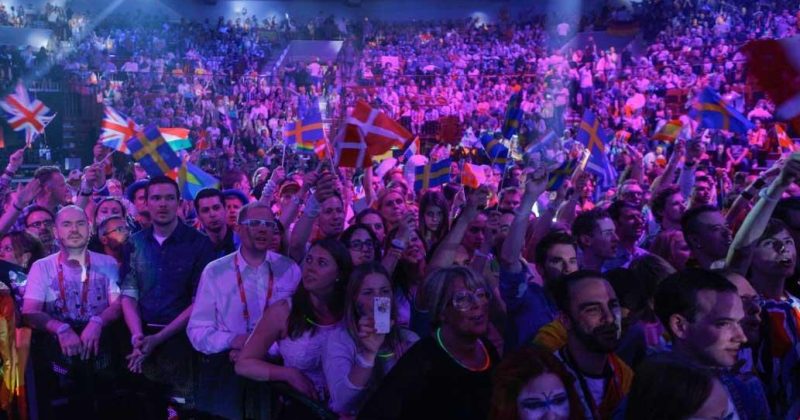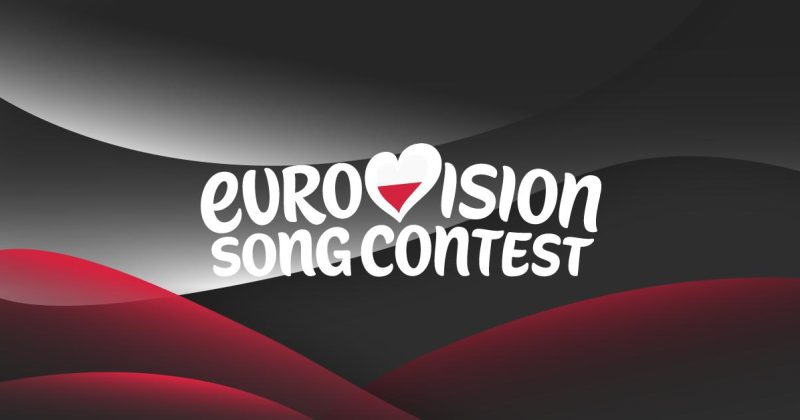
Ahead of Eurovision 2026 in Vienna, the EBU announces a comprehensive voting reform – limiting political campaigns, reinstating juries in Semi-Finals, reducing vote caps, and strengthening anti-fraud security systems.
The EBU has unveiled a series of significant updates to the Eurovision Song Contest’s voting framework, designed to enhance public trust, increase transparency, and ensure fair competition – ahead of the Contest’s 70th anniversary, set for May 2026 in Vienna, Austria.
“We’ve listened and we’ve acted” said Martin Green, Director of the Contest:
“The neutrality and integrity of the Eurovision Song Contest is of paramount importance to the EBU, its Members, and all our audiences. It is essential that the fairness of the Contest is always protected. We are taking clear and decisive steps to ensure the contest remains a celebration of music and unity. The Contest should remain a neutral space and must not be instrumentalized”.
The announcement follows extensive consultation with member broadcasters and an independent review conducted after the 2025 Contest.
Strict Limits on Political Campaigning
One of the main changes strengthens the Code of Ethics to prevent external influence on voting – particularly from government-backed campaigns.
The EBU clarified that reasonable promotion of artists and songs remains permitted, but excessive or coordinated campaigns aiming to manipulate results will be strictly prohibited. Broadcasters and artists will not be allowed to cooperate with political or government-sponsored efforts. Any breach may result in sanctions from the EBU.
Observers note that this rule may be a response to complaints from several countries about the promotional efforts surrounding Israeli artist Yuval Raphael, though in practice, the reform is unlikely to significantly impact voting blocs that traditionally support Israel.
Fewer Votes Per Viewer: Cap Reduced to 10

Another major reform addresses voting quantity. Each viewer will now be limited to 10 votes per voting method (phone, SMS, or online) – half of the previous limit of 20.
According to the EBU, the change aims to encourage broader distribution of support among multiple entries and prevent any one song from accumulating disproportionate power through mass voting.
This measure is designed to curb “vote flooding” by fan groups or organized networks that attempt to influence results. Instead, the reform encourages a fairer balance, where fans must choose more thoughtfully and possibly spread their votes across different songs.
The expected result: fewer extreme outcomes, more musical diversity, and a fairer competition overall. Many believe this move was prompted by repeated complaints from several nations about strong voting patterns favoring Israel — though it is widely expected that Israel will still perform well in public voting.
Juries Return to the Semi-Finals
For the first time since Eurovision 2022, jury voting will return to the Semi-Finals in 2026. Results will again be determined 50% by juries and 50% by public vote, mirroring the Grand Final system. Each national jury will now consist of seven members instead of five, representing a broader range of professional expertise — including teachers, directors, choreographers, and music journalists. At least two jurors per country will be aged 18–25 to ensure youth representation in decision-making. All jurors will sign declarations of impartiality and neutrality, and will be prohibited from publicly commenting on songs via social media until after the Contest concludes.
Enhanced Security Against Voting Fraud
The EBU will continue its collaboration with voting partner Once, introducing advanced real-time fraud detection and vote authentication systems. The upgraded platform will detect suspicious or coordinated voting activity in real time, block fraudulent or automated votes and analyze irregular patterns indicating potential manipulation. All measures are designed to ensure that the public vote remains reliable, transparent, and tamper-proof. Green Added:
“These measures are designed to keep the focus where it belongs – on music, creativity and connection, […] While we are confident the 2025 Contest delivered a valid and robust result, these changes will help provide stronger safeguards and increase engagement so fans can be sure that every vote counts and every voice is heard”.
What Comes Next?
All reforms were approved by Eurovision’s Reference Group, which oversees the Contest’s strategic direction. Most changes appear to stem from member countries’ complaints about fairness — particularly regarding Israel’s participation and voting results. The EBU emphasized that the new rules are measured adjustments, maintaining the Contest’s open spirit while addressing concerns about fairness.
The impact of these reforms will be reassessed after Eurovision 2026 for potential future improvements. The EBU’s General Assembly in early December – where Israel’s participation will also be discussed – is expected to review whether these measures adequately ensure integrity. The final list of participating countries for Eurovision 2026 will be published on December 10th.
Eurovision 2026: the 70th edition of the contest will take place in Vienna, Austria, on May 12th, 14th, and 16th, 2026. The Wiener Stadthalle arena, which will host the event, is expected to accommodate around 16,000 spectators per show. The contest returns to Austria following the nation’s third historic win with the song “Wasted Love”, performed by JJ. It will be Austria’s third time hosting Eurovision, after previous editions held in the country in 1967 and 2015.

Email: [email protected]
Phone: +972-50-9441919
Neta Geffen is a respected journalist at Euromix, Israel’s leading news site for Eurovision coverage. Since 2010, Neta has been closely following the Eurovision Song Contest, bringing with him extensive experience, profound knowledge, and a broad understanding of the history, politics, and cultural influences that shape the event every year.
Neta publishes articles, analyses, and up-to-date reviews on all Eurovision developments, including musical trends, format changes, political influences, and audience reactions across Europe and Israel. Thanks to a deep connection to the contest’s history, Neta provides readers with wide-ranging context—from the impact of political events on results, to in-depth analyses of songs and languages within the competition. Neta specializes particularly in the Eurovision rock genre, Balkan ballads, and native language entries, with a special focus on Italian and Greek songs.









